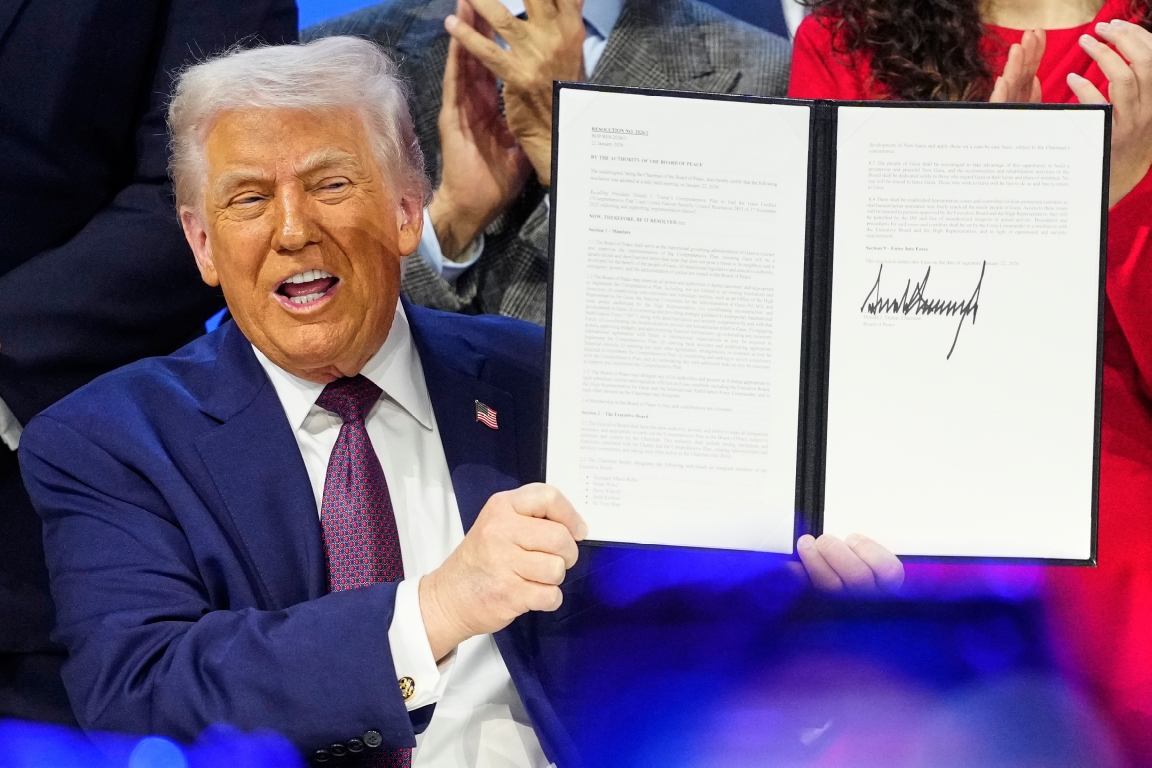
France Declares It Is Withdrawing From Niger
During an interview with TF1 and France 2 on Sunday, French President Emmanuel Macron declared that 1,500 French military personnel presently based in post-coup Niger would leave the country by the end of the year.
“France has decided to withdraw its ambassador. In the next hours our ambassador and several diplomats will return to France,” Macron told France 2 television. “And we will put an end to our military cooperation with the Niger authorities,” he added, stating that French troops would return home in “the months to come.”
Although Macron still denies the junta as currently being Niger’s legitimate authority, he announced that Paris would coordinate troop pullouts with the coup leaders. “We will consult with the putschists because we want things to be orderly,” Macron revealed.
Besides beginning to work out the logistics of the withdrawals, France would recall its ambassador from the capital of Niamey in “the next few hours,” the French leader disclosed.
Macron’s move came following hostilities between France and its former colony. To Macron, the withdrawal of France’s forces would mean the “end of military cooperation with Niger,” which included counterinsurgency efforts against jihadist groups.
In July 2023, an anti-French military junta ousted the pro-Western President Mohamed Bazoum, undermining previously friendly bilateral ties between Niger and France.
Leveraging massive public unhappiness with France’s longstanding operations in the region, the coup leaders instantly canceled a military cooperation agreement with the French government and insisted that French troops leave the country. The junta also declared that it would prohibit all French aircraft from entering its airspace.
In August, the junta also demanded that French ambassador Sylvain Itté leave as well, abrogating Itté’s diplomatic immunity. Following Macron’s refusal of the junta’s demands that Itté leave, the ambassador was believed to have been held hostage in his office, without access to much food. Hence, Macron voiced worries about Itté’s condition as well as that of other French diplomats in Niger, denouncing the Nigerien military for holding Itté “hostage” and obstructing food deliveries to the French embassy.
In post-coup and post-France Niger, observers anticipate that Niger’s military junta would seek Russia’s help, capitalizing on the services of the Russian Wagner mercenary force.
France’s departure from Niger marks the latest in a series of similar pullouts from its former colonies, with neighboring Mali and Burkina Faso recently kicking French troops out of their territories following coups.
Before the coup, Niger was a major security partner of not only France but the United States, functioning as a base of operations for combating an Islamist insurgency in West and Central Africa’s wider Sahel region. As the French base in Niger was one of the largest in the Sahel region, only several dozen French troops will remain in Chad after French troops pull out completely from Niger.
With French influence in the region on the decline, Niger, Mali, and Burkina Faso have declared the establishment of a military alliance. As Mali and Burkina Faso had both informally pledged to support the new Niger government should the regional ECOWAS bloc invade Niger after the coup, the signing of the defense pact merely formalizes such an arrangement.
Additionally, Malian Defense Minister Abdoulaye Diop told Reuters that the Alliance of Sahel States, as the three-nation bloc will be called, will also cooperate to combat terrorism and secure their shared borders.
Notwithstanding his move to pull French troops out of Niger in accordance with the Nigerien junta’s demands, Macron maintained that France continues to acknowledge the deposed Bazoum as Niger’s “sole legitimate authority.”
Apart from foreign-policy woes on the African continent, the Macron government has been beleaguered by recent gains by political rivals at home, evidenced in elections on Sunday.
The recent elections witnessed 35,000 mayors, along with regional, departmental, and municipal councilors, proceeding to the ballot boxes to elect half of the French Senate’s 348 seats being contested.
While the outcome saw the establishment center-right Les Republicains (LR) emerging as the undisputed victor, securing its majority, Marine Le Pen’s right-leaning populist Rassemblement National (RN) achieved significant inroads.
Prior to Sunday’s elections, Le Pen’s RN had been widely touted to attain considerable Senate gains. Nonetheless, the RN’s eventual performance at the polls, which led to the party gaining three seats, surpassed all expectations. During the presidential election in April 2022, RN forfeited its only Senate seat after Stéphane Ravier defected to Éric Zemmour’s Reconquête.
Speaking before the elections, Jordan Bardella, president of RN, said, “We have zero senators. If we get one, it’s a victory. If we have two it’s a victory, if we have three…”
A specialist who analyzes RN’s electoral map revealed to Le Figaro that if the party manages to elect a senator, it would be “small wave,” whereas two senators should be deemed as an “average wave.” Three and four senators, the specialist continued, should be regarded as a “large wave.”
Arguably, RN’s upbeat results on Sunday mirrored Le Pen’s party’s relatively robust performance in the 2020 municipal elections.
Following the election results, President of the Senate Gérard Larcher declared, “This senatorial renewal reinforces the senatorial majority of the right and the center and is a testimony of its territorial roots.”
Likewise, Eric Ciotti, Larcher’s party colleague, gave his take on the results, saying, “Les Republicains remain a solid opposition and will carry out a project for France and the French.”
Strikingly, the French Left, which held the second-largest number of seats in the upper house, was embroiled with internal splits during this round of elections. For instance, France Unbowed, an avowedly leftist faction, fielded its own candidates but did not win any seats. Concurrently, the Socialist Party (PD) and the Greens collaborated to some degree, putting forth joint candidates in some constituencies.
In particular, Macron’s liberal-globalist Renaissance party, despite keeping most seats in the National Assembly, has experienced difficulties in entrenching a strong presence at local levels.
However, regardless of the alterations to France’s political system in recent years, the center-right Les Repubicains and the leftist Socialist Party, both long standing dominant political factions, have retained their influence at the local level.
The Senate, under France’s Fifth Republic, has notably less legislative power than the National Assembly. After all, should legislative conflicts occur, the Assembly, the lower house, has the final say.




